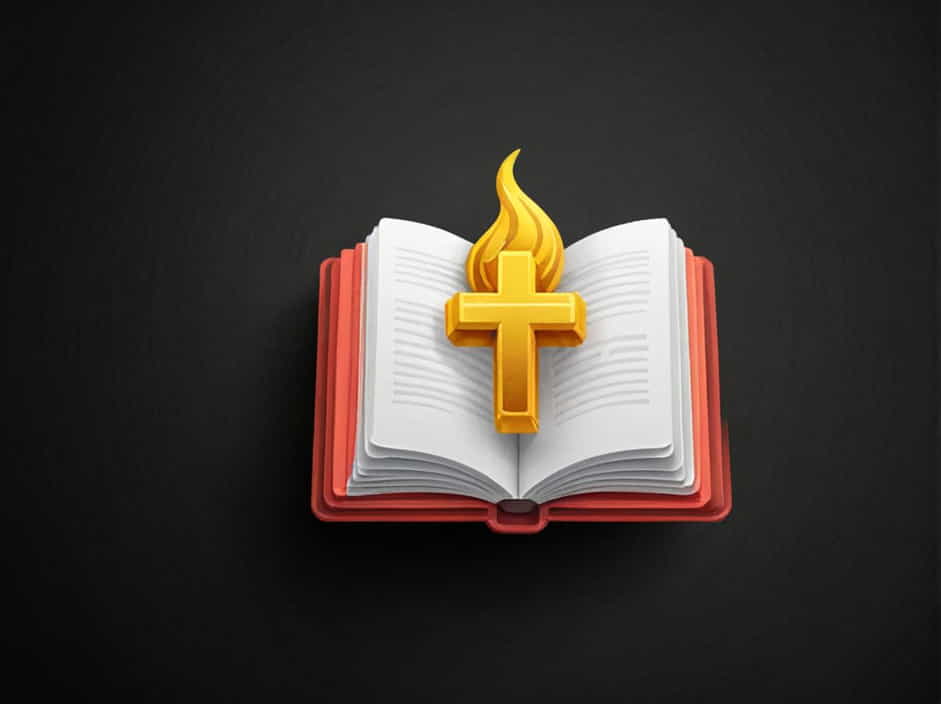Jeroboam is a significant figure in the Bible, known as the first king of the northern kingdom of Israel after the division of the united monarchy.** His reign marked a turning point in biblical history, leading to religious and political changes that shaped Israel for generations.
This topic explores Jeroboam’s life, rise to power, reign, religious reforms, and his legacy.
Jeroboam’s Early Life
1. Jeroboam’s Background
Jeroboam was the son of Nebat, a man from the tribe of Ephraim, and his mother was a widow named Zeruah. He was not from a royal family, but his skills and leadership abilities gained recognition.
2. A Servant of King Solomon
Jeroboam first appears in 1 Kings 11:26-28 as a servant of King Solomon. He was a strong and capable leader, and Solomon appointed him as an overseer of laborers in the kingdom.
‘Now Jeroboam was a man of standing, and when Solomon saw how well the young man did his work, he put him in charge of the whole labor force of the tribes of Joseph.’
– 1 Kings 11:28
This position gave Jeroboam influence, but it also set the stage for his rebellion.
The Prophecy of Ahijah
1. God’s Plan to Divide the Kingdom
During Solomon’s reign, the prophet Ahijah the Shilonite approached Jeroboam with a dramatic prophecy. Ahijah tore his cloak into twelve pieces and gave ten pieces to Jeroboam, symbolizing that God would give him rule over ten tribes of Israel.
Ahijah declared:
‘See, I am going to tear the kingdom out of Solomon’s hand and give you ten tribes.’
– 1 Kings 11:31
This prophecy was a consequence of Solomon’s disobedience in worshiping other gods. However, God promised that Solomon’s son would still rule over one tribe (Judah), keeping David’s lineage alive.
2. Jeroboam’s Exile to Egypt
When Solomon heard about the prophecy, he sought to kill Jeroboam. To escape, Jeroboam fled to Egypt, where he stayed under the protection of Pharaoh Shishak until Solomon’s death.
Jeroboam Becomes King
1. The Division of Israel
After Solomon died, his son Rehoboam became king. The people of Israel asked him to reduce the heavy taxes and forced labor that Solomon had imposed. Instead of listening to their concerns, Rehoboam increased their burdens, leading to a revolt.
The ten northern tribes rejected Rehoboam and made Jeroboam their king, fulfilling Ahijah’s prophecy. This event marked the official division of the kingdom into:
- The northern kingdom of Israel, ruled by Jeroboam.
- The southern kingdom of Judah, ruled by Rehoboam.
2. Establishing the Northern Kingdom
Jeroboam established his capital in Shechem and later moved it to Tirzah. He sought to strengthen his rule and prevent his people from returning to Jerusalem in Judah, where the temple was located.
Jeroboam’s Religious Reforms
1. The Golden Calves
Fearing that his people might return to Rehoboam if they continued worshiping at the Temple in Jerusalem, Jeroboam made a controversial decision-he created two golden calves and set them up in Bethel and Dan.
He told the people:
‘It is too much for you to go up to Jerusalem. Here are your gods, Israel, who brought you up out of Egypt.’
– 1 Kings 12:28
This was a direct violation of God’s commandments and led to widespread idolatry.
2. A New Priesthood
Jeroboam also appointed non-Levitical priests, disregarding the God-ordained Levitical priesthood. He created new religious festivals and altars, further leading Israel into spiritual corruption.
3. God’s Judgment on Jeroboam
Because of Jeroboam’s sins, a prophet from Judah came to Bethel and prophesied against the altar. As Jeroboam stretched out his hand to seize the prophet, his hand shriveled, but was later restored after he pleaded for mercy.
God also sent Ahijah the prophet to tell Jeroboam that his dynasty would be destroyed because of his disobedience.
‘Because of this sin, I will bring disaster on the house of Jeroboam.’
– 1 Kings 14:10
Jeroboam’s Death and Legacy
1. The Death of Jeroboam’s Son
As part of God’s judgment, Jeroboam’s son, Abijah, fell ill. Jeroboam sent his wife to Ahijah for guidance, but the prophet declared that Abijah would die as a sign of Jeroboam’s downfall.
2. The Fall of Jeroboam’s Dynasty
Jeroboam ruled for 22 years, but his dynasty did not last. His son, Nadab, briefly ruled before being assassinated by Baasha, who took the throne and wiped out Jeroboam’s family.
This fulfilled God’s prophecy that Jeroboam’s lineage would be cut off.
3. Jeroboam’s Influence on Israel
Jeroboam’s reign set a precedent for idolatry and rebellion in Israel. Future kings who followed his ways were condemned, and the phrase ‘He followed in the ways of Jeroboam’ became synonymous with leading Israel into sin.
Lessons from Jeroboam’s Life
1. The Danger of Disobedience
Jeroboam had the opportunity to lead Israel in obedience to God, but he chose to establish false worship for political gain. His actions led to judgment and destruction.
2. Trusting in God’s Promises
Instead of trusting God’s promise that he would rule Israel, Jeroboam acted out of fear and insecurity, leading him to sin. This reminds us that trusting in God’s plans is always better than relying on human strategies.
3. The Consequences of Leading Others Astray
Jeroboam’s spiritual corruption affected generations. Leaders have a responsibility to guide others in truth, and turning people away from God brings severe consequences.
Jeroboam was a key figure in Israel’s history, known for:
- Becoming the first king of the northern kingdom of Israel.
- Fulfilling Ahijah’s prophecy of the divided kingdom.
- Leading Israel into idolatry with golden calves.
- Setting a pattern of rebellion that future kings followed.
His reign serves as a warning about the dangers of compromising faith for political or personal gain. Though he had the chance to lead righteously, his choices led to judgment, downfall, and the destruction of his dynasty.
